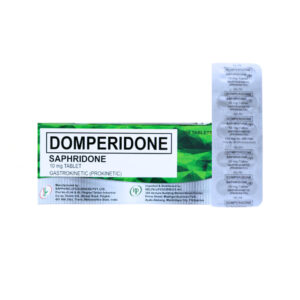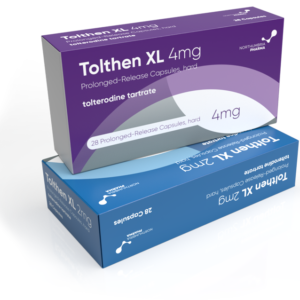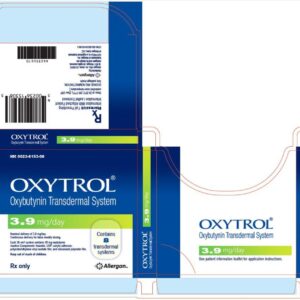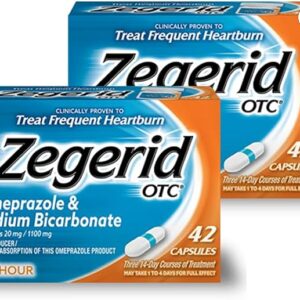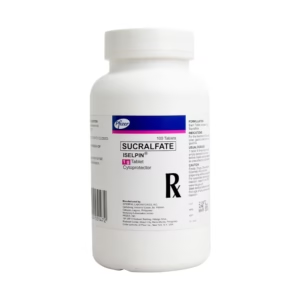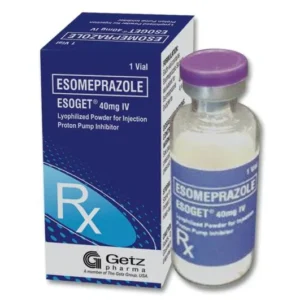-
Meclizine Hydrochloride
Meclizine Hydrochloride is an antihistamine used to treat motion sickness and vertigo.
Applications:
-
Prevents and treats nausea, vomiting, and dizziness from motion sickness.
-
Manages vertigo from inner ear disorders like Ménière’s disease.
Side Effects:
-
Common: drowsiness, dry mouth, and blurred vision.
-
Serious (rare): confusion, especially in older adults.
Br120.00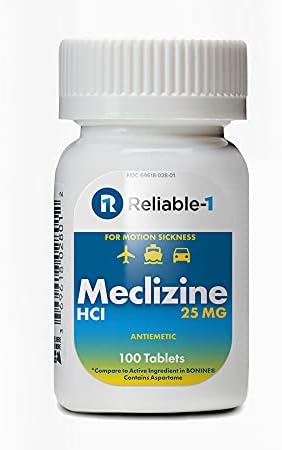
Meclizine Hydrochloride
Br120.00 Select options This product has multiple variants. The options may be chosen on the product page -
-
Domperidone
Domperidone is a dopamine antagonist used to treat nausea, vomiting, and gastrointestinal motility disorders.
Applications:
-
Relieves nausea and vomiting.
-
Treats gastroparesis by enhancing stomach emptying.
-
Sometimes used to increase breast milk production (off-label).
Side Effects:
-
Common: dry mouth, abdominal cramps, and headache.
-
Serious (rare): heart rhythm disorders, especially in elderly or high doses.
Br120.00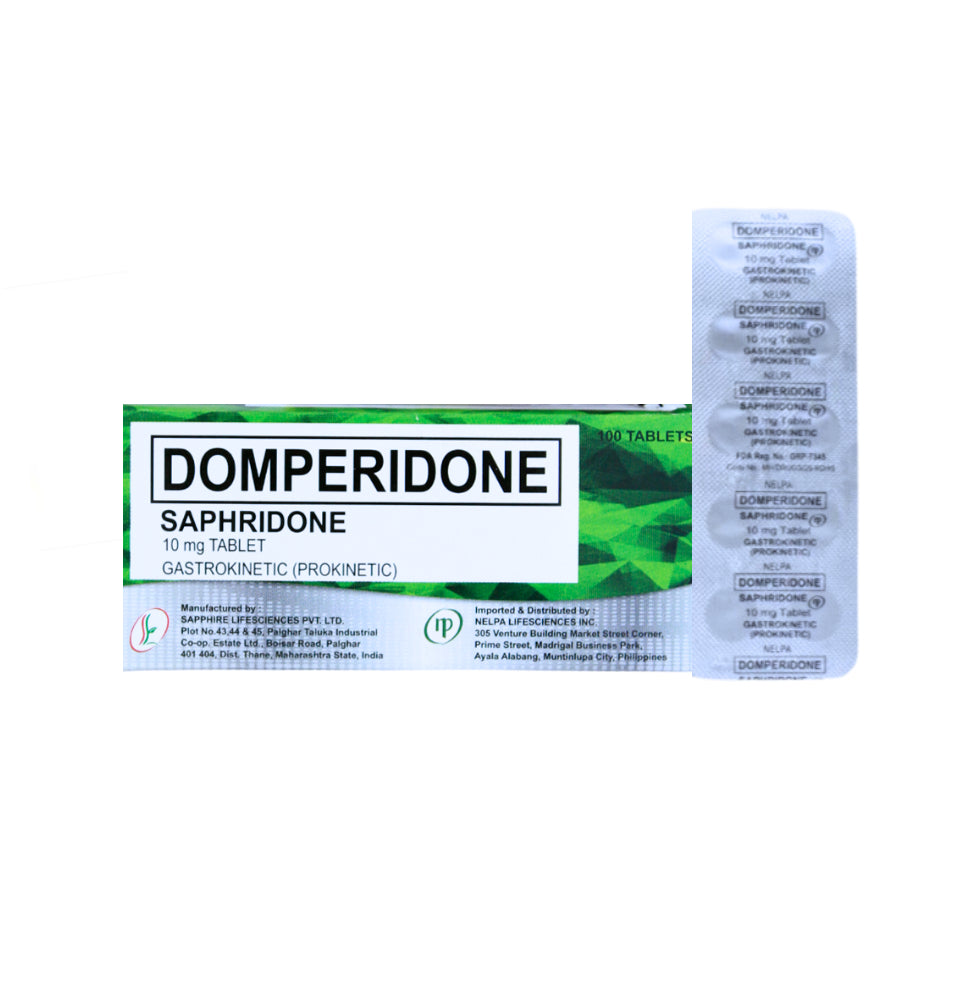
Domperidone
Br120.00 Select options This product has multiple variants. The options may be chosen on the product page -
-
Tolterodine
Applications:
-
Overactive Bladder (OAB): Treats urinary frequency, urgency, and incontinence.
-
Neurogenic Detrusor Overactivity: Manages bladder spasms in neurological conditions (e.g., MS, spinal injury).
Side Effects:
-
Common: Dry mouth (35% of users), constipation, blurred vision, headache.
-
Serious (Rare):
-
QT prolongation (caution in heart disease).
-
Angioedema (swelling of face/throat).
-
Urinary retention (risk in prostate enlargement).
-
Br120.00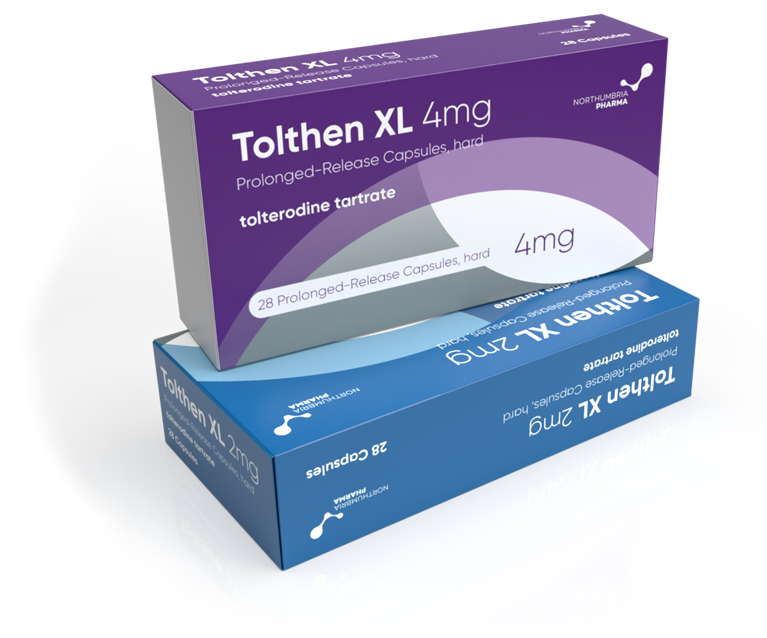
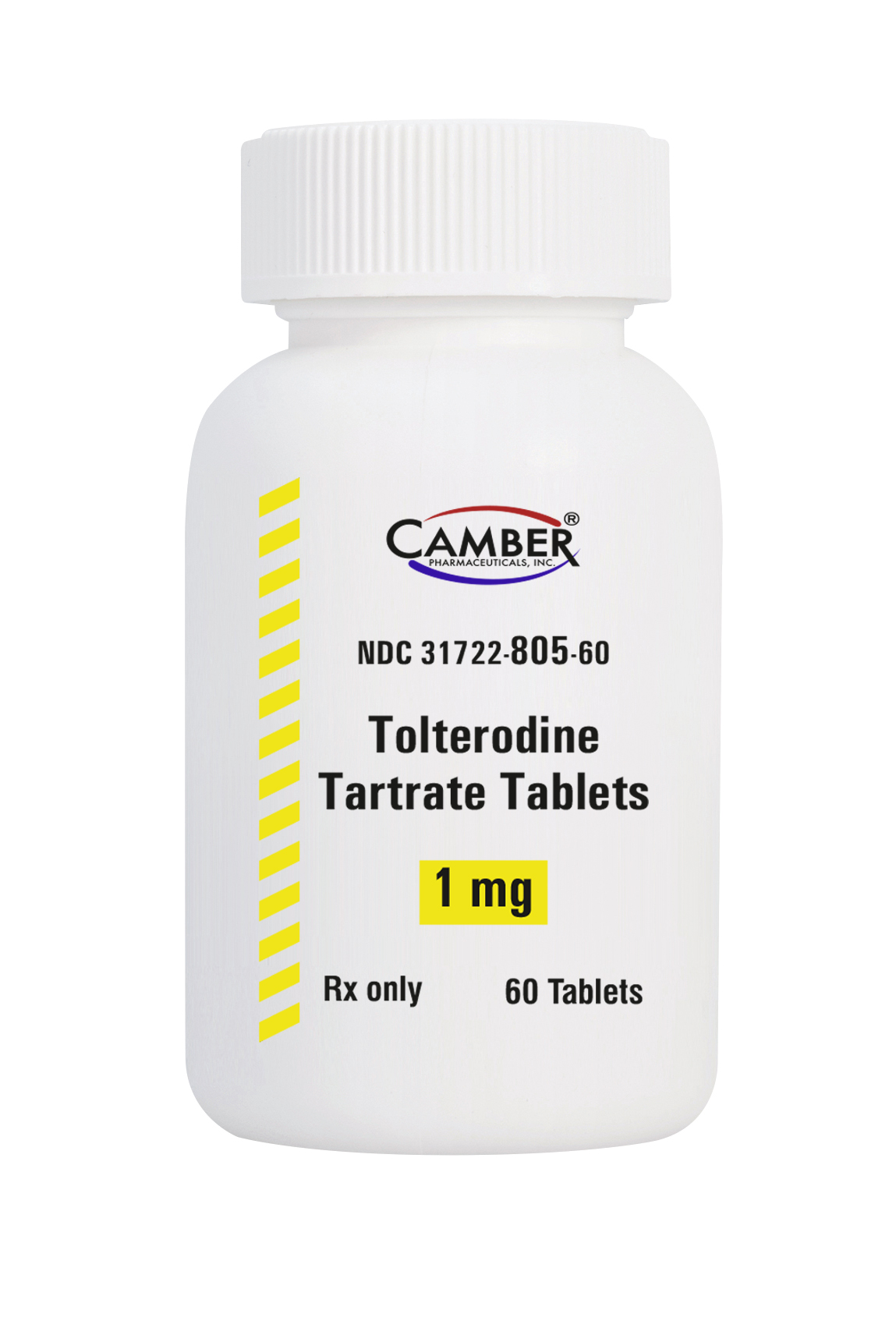
Tolterodine
Br120.00 Select options This product has multiple variants. The options may be chosen on the product page -
-
Oxybutynin
Applications:
-
Overactive Bladder (OAB): Reduces urgency, frequency, and incontinence.
-
Neurogenic Bladder: Manages urinary leakage in spinal cord injury/MS.
-
Pediatric Enuresis: Treats bedwetting (off-label in children ≥5 yrs).
Side Effects:
-
Common: Dry mouth (70% of users), constipation, blurred vision, drowsiness.
-
Serious (Rare):
-
Urinary retention (risk in prostate enlargement).
-
Heatstroke (reduced sweating in high temperatures).
-
CNS effects (confusion in elderly).
-
Br120.00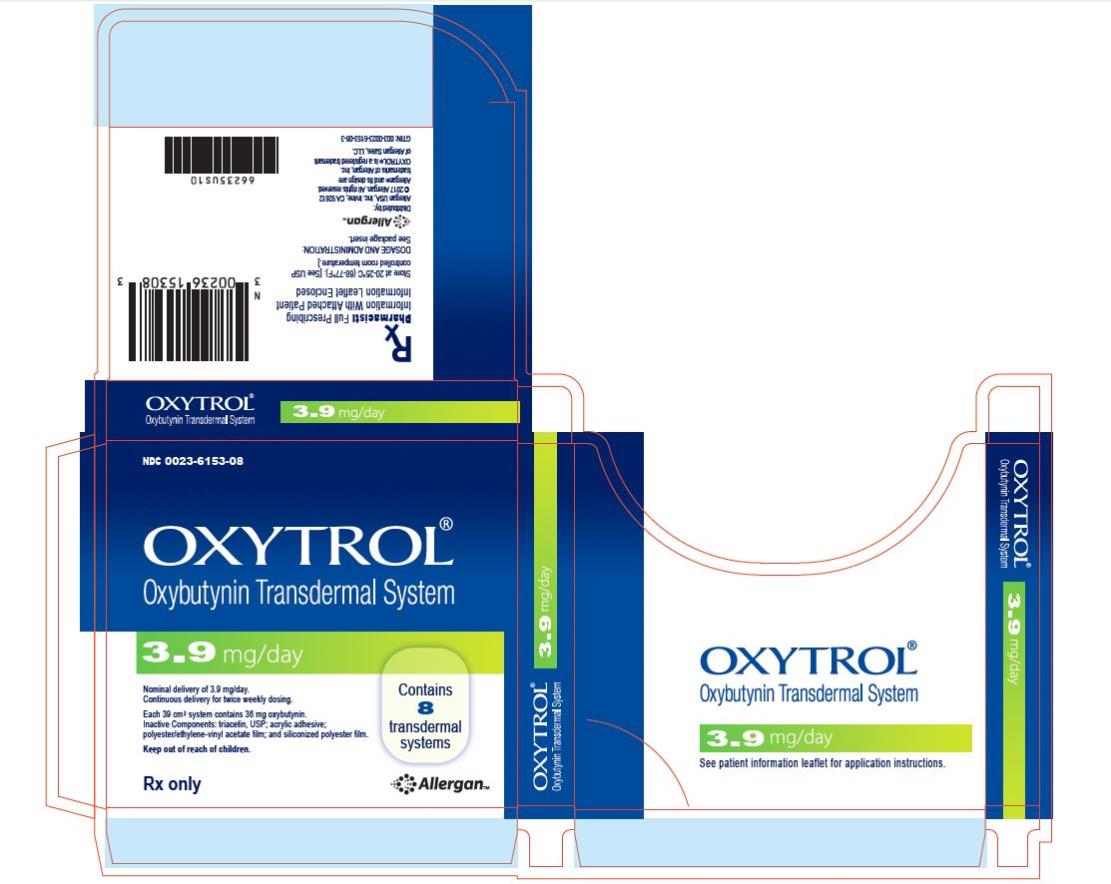
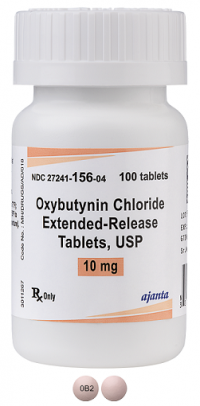
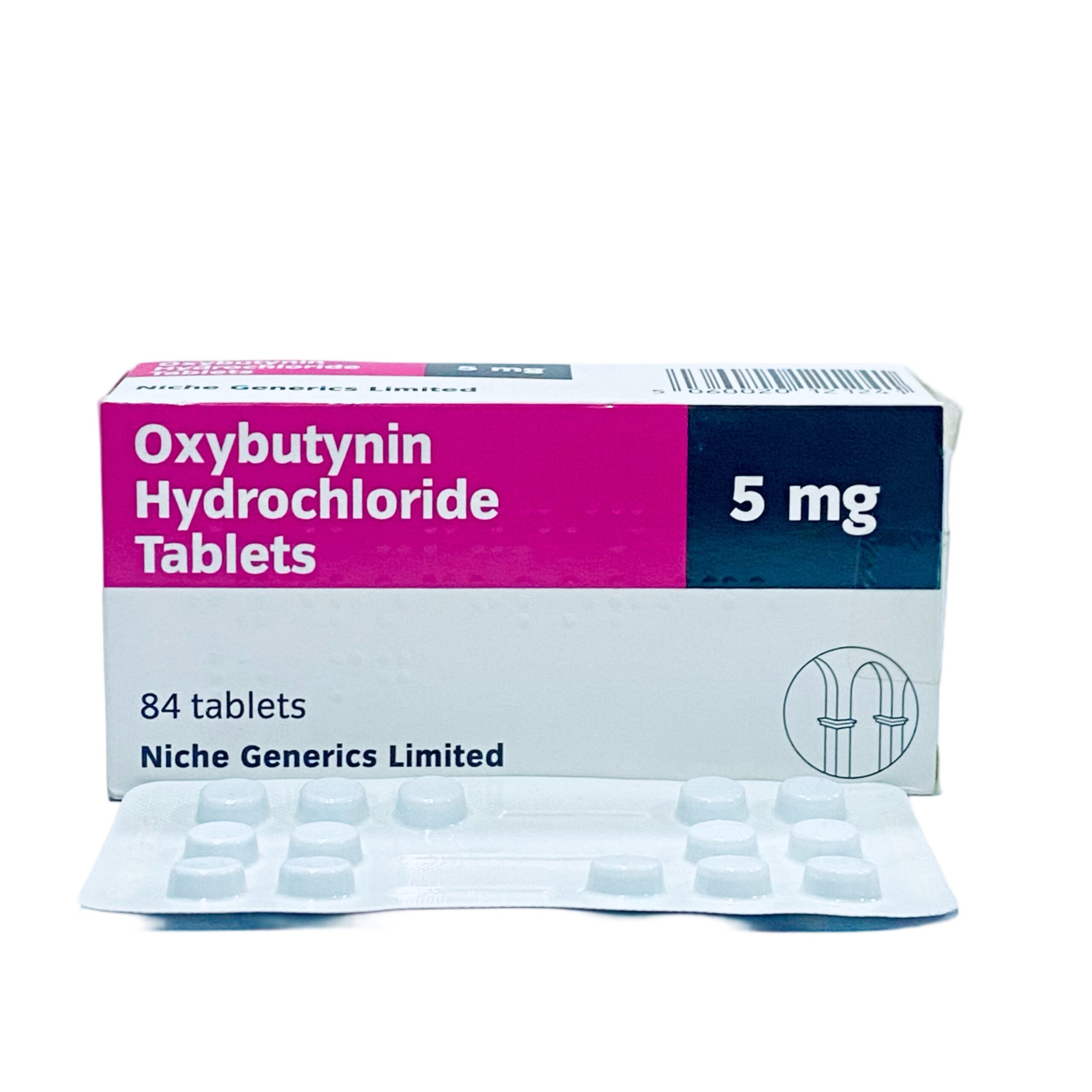
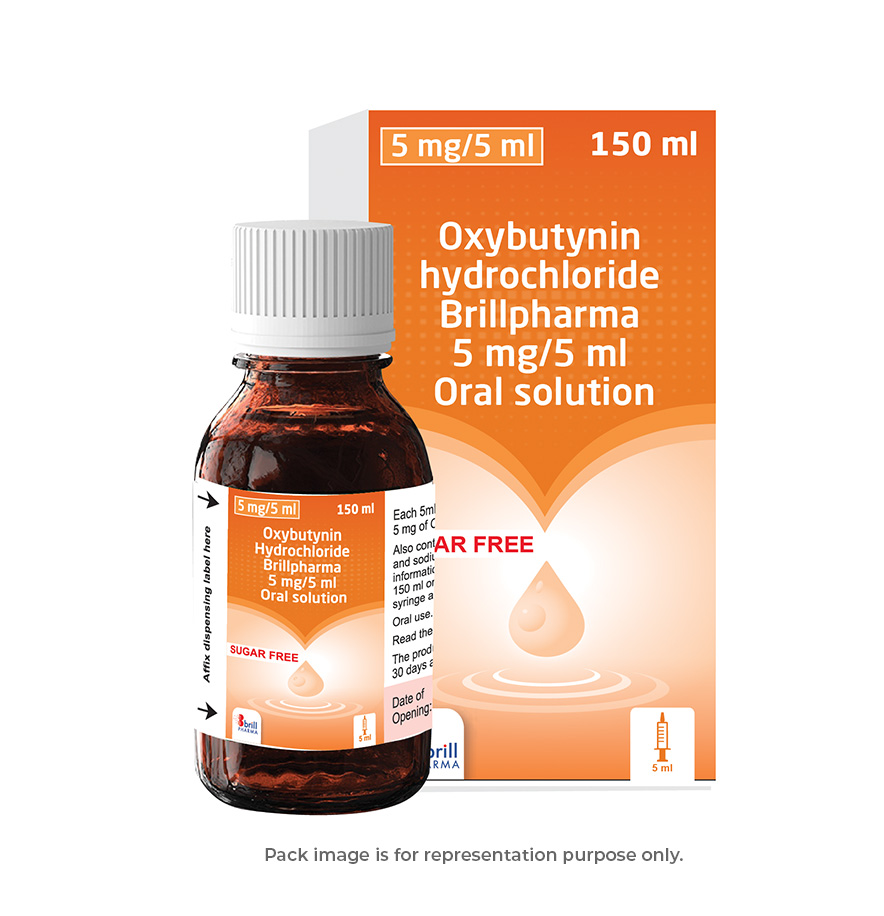
Oxybutynin
Br120.00 Select options This product has multiple variants. The options may be chosen on the product page -
-
Omeprazole + Sodium Bicarbonate
Omeprazole + Sodium Bicarbonate is a combination used primarily for the treatment of gastroesophageal reflux disease (GERD), acid reflux, and peptic ulcers, similar to sucralfate, but it works differently.
Applications:
- Treats GERD, heartburn, and acid reflux.
- Helps heal and prevent ulcers by reducing stomach acid production.
- Used to manage Zollinger-Ellison syndrome, where excess acid is produced.
Side Effects:
- Common: headache, nausea, diarrhea, and abdominal pain.
- Rare but serious: severe allergic reactions, kidney problems, and bone fractures with long-term use.
- Prolonged use can lead to vitamin B12 deficiency and low magnesium levels.
Unlike sucralfate, which forms a protective layer over ulcers, omeprazole with sodium bicarbonate works by reducing stomach acid to help heal and prevent damage.
Br120.00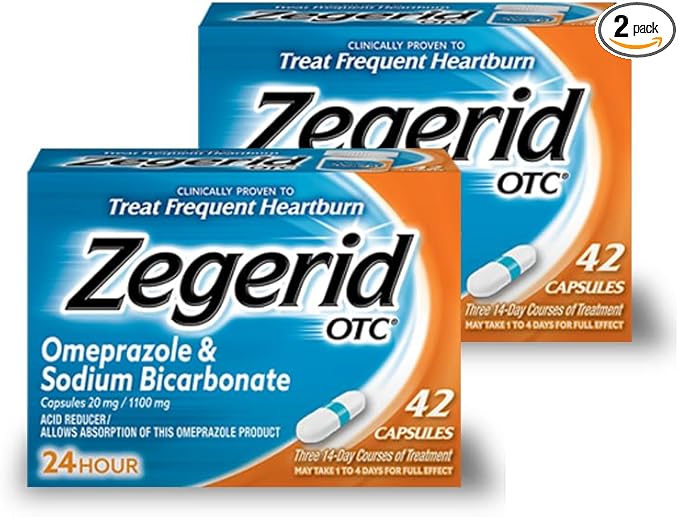
Omeprazole + Sodium Bicarbonate
Br120.00 Select options This product has multiple variants. The options may be chosen on the product page -
Sucralfate
Sure! Here’s a similar overview for sucralfate:
Applications:
- Used primarily to treat and prevent peptic ulcers by forming a protective barrier over ulcer sites in the stomach and intestines.
- Often prescribed for gastroesophageal reflux disease (GERD) and to manage conditions involving damage to the stomach lining, like gastritis.
- Can help in the healing of esophageal ulcers, as well as ulcers caused by nonsteroidal anti-inflammatory drugs (NSAIDs).
Side Effects:
- Common side effects include constipation, dry mouth, and mild stomach discomfort.
- Rare but serious side effects can include allergic reactions, severe abdominal pain, or difficulty breathing.
- Prolonged use may lead to malabsorption of nutrients like phosphate, which can cause low phosphate levels.
- In some cases, patients may experience dizziness or headache.
Sucralfate is typically considered a safe treatment, but like with any medication, it’s important to monitor for any adverse effects, particularly with long-term use.
Br120.00
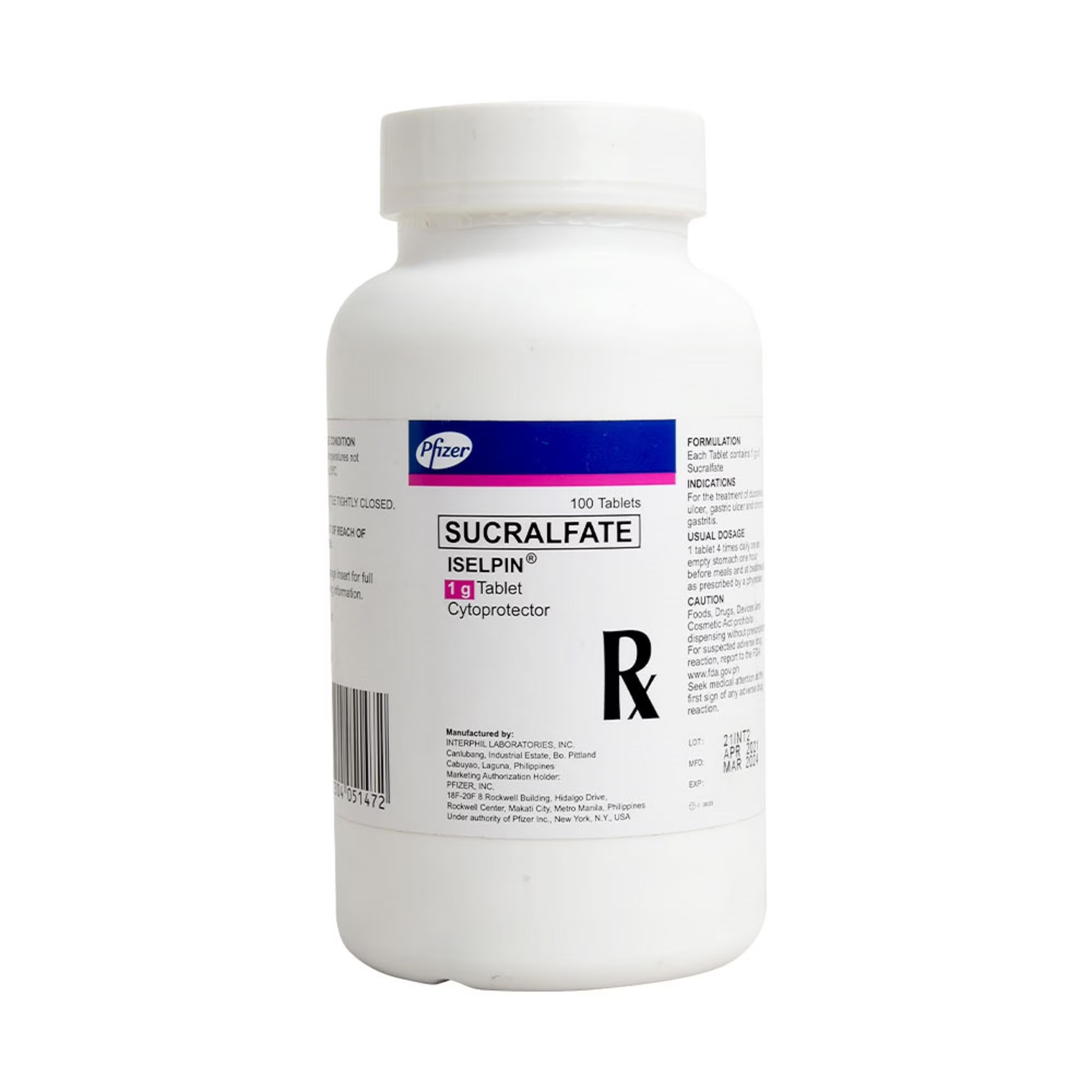
Sucralfate
Br120.00 Select options This product has multiple variants. The options may be chosen on the product page -
Esomeprazole
Applications:
- Used to treat gastroesophageal reflux disease (GERD), peptic ulcers, and Zollinger-Ellison syndrome.
- Helps reduce stomach acid production, promoting healing and preventing acid-related damage.
Side Effects:
- Headache, nausea, and diarrhea.
- Long-term use may increase the risk of fractures, kidney issues, and vitamin B12 deficiency.
Esomeprazole is effective in reducing acid production, helping treat GERD and ulcers, but prolonged use can lead to some serious side effects, especially with prolonged therapy. It’s important to monitor for any complications, particularly with long-term use.
Br120.00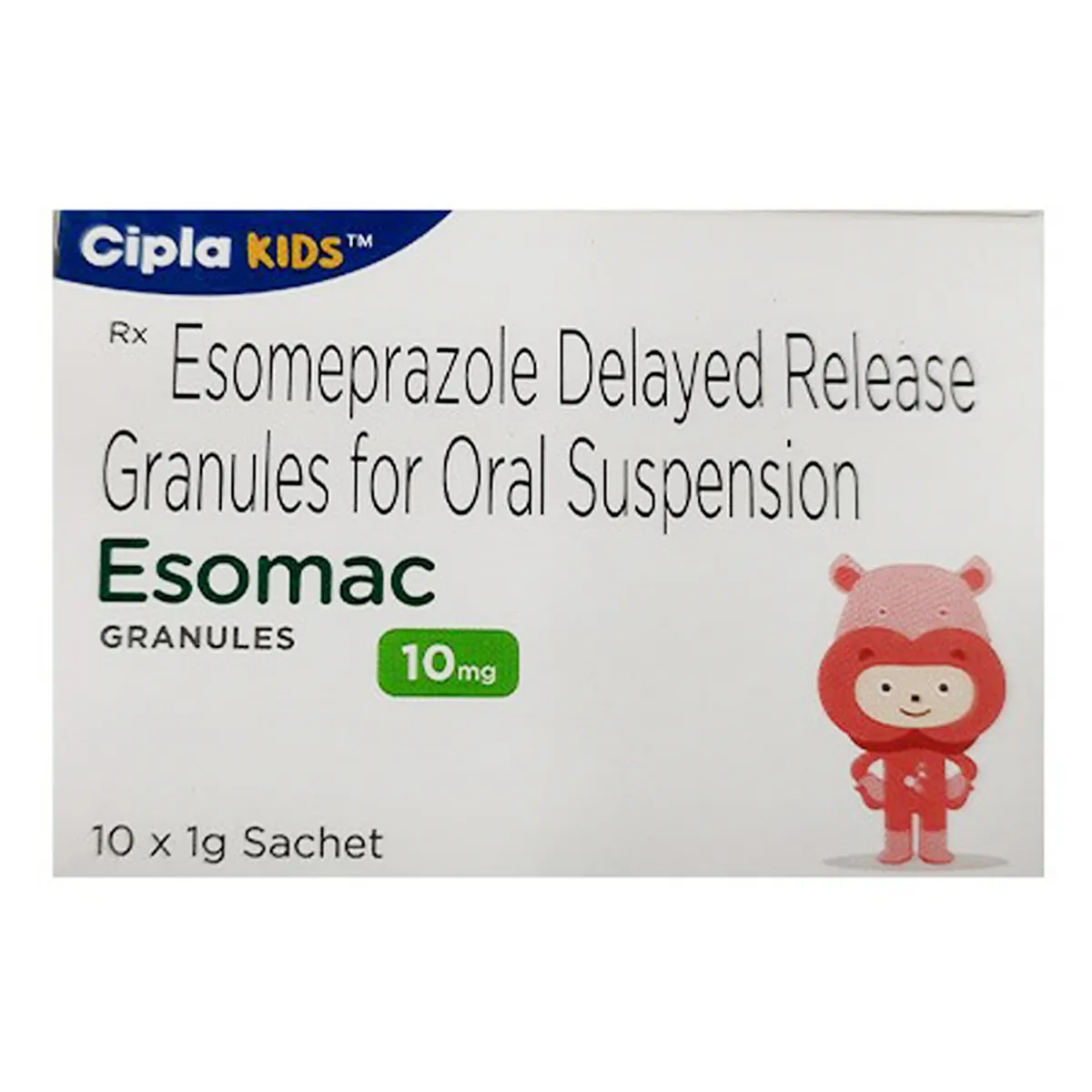
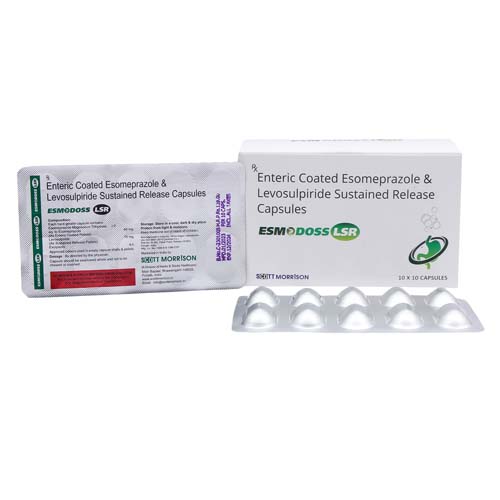
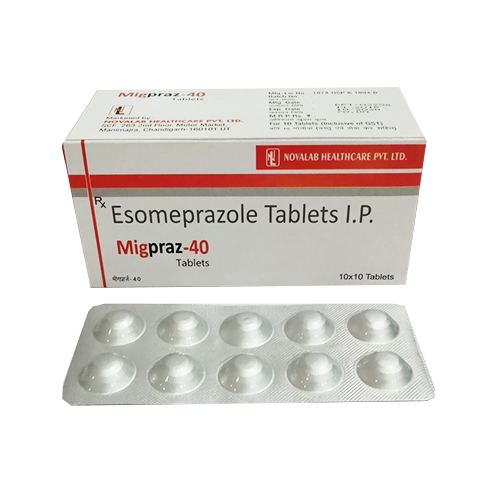
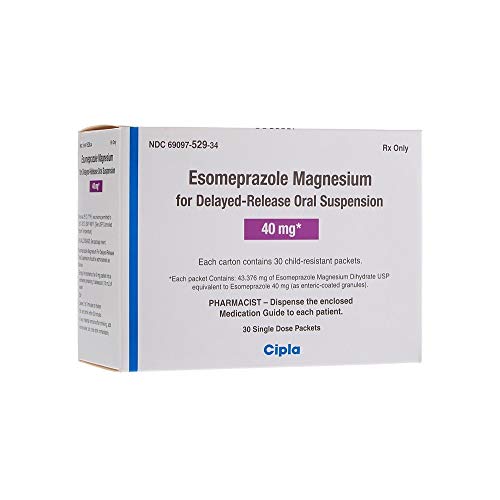
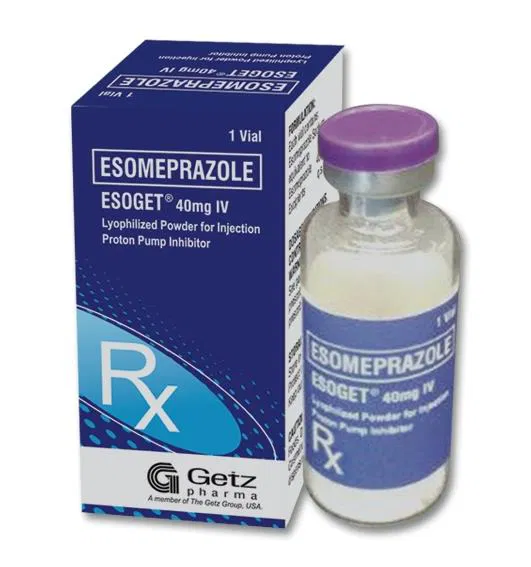
Esomeprazole
Br120.00 Select options This product has multiple variants. The options may be chosen on the product page


